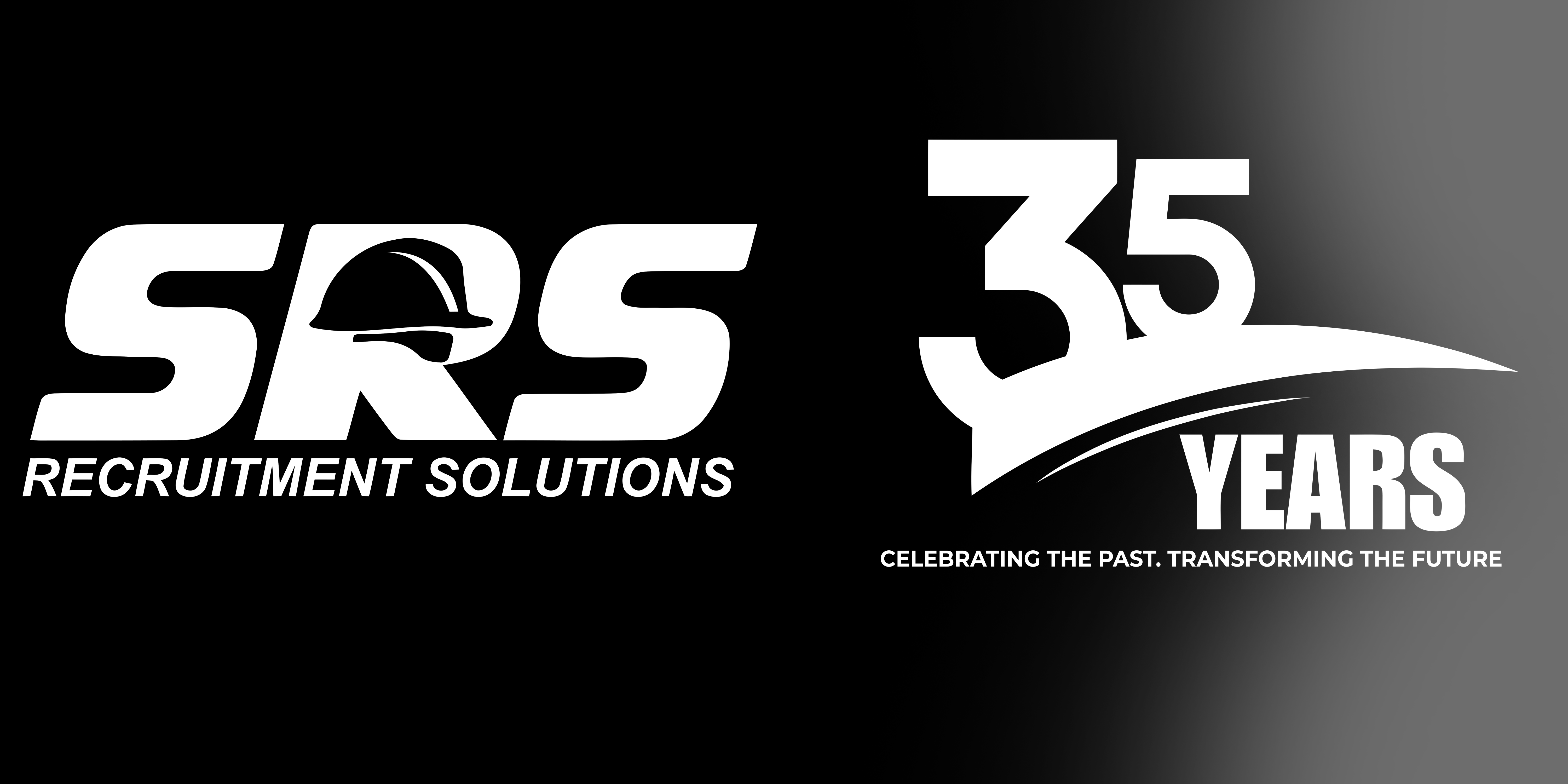In the competitive talent acquisition landscape 2024, Staying ahead demands a shift from reactive to proactive hiring strategies. The days of waiting for the perfect candidate to appear in response to a job posting are giving way to a more strategic and forward-thinking approach. In this post, we will explore a curated selection of proactive hiring strategies designed to transform your recruitment process, ensuring that your organisation not only attracts top talent but actively seeks out and engages with the best candidates in the market.
A switch from transactional to transformational recruitment partnerships
A transactional approach when working with Recruitment partners is now a thing of the past and it’s important to carefully consider the existing relationships your business has with external recruitment partners. Partner with a Recruitment business that understands your industry, knows who your customers and competitors are, and commits to understanding your business inside and out. Most importantly, their values and integrity should align with yours. Transactional recruiters are easy to spot. They show little interest in how your business works, ask very few questions other than basic information on your vacancy and focus on pushing you to commit to interview dates. A good recruitment partner will work closely with you, adapt to your processes and timescales and go beyond the standard recruitment process. They’ll keep you up to date on the latest practices and build talent pipelines that will ensure you always have access to the best Candidates.
Adopt a skills-first approach to hiring through this 4-point method
- Conduct a skills audit- Start by understanding the skills each position in the business requires and then list the ‘nice to have’s’. This will give you a clearer picture of your needs
- Redefine the term ‘experience’- A new matrix of technical and human skills criteria is needed, one that better bridges professional and personal competencies.
- Consider skills vs qualifications and focus on transferable/ soft skills
- Augment your job descriptions- Your audit in step 1 should have highlighted the critical skills your business requires. This should be clearly defined when writing your job descriptions.
- Upskill where necessary- When conducting your skills audit, take the opportunity to identify which positions could benefit from upskilling as this can help to diversify your workforce and broaden your talent pool within the business
Gain a better understanding of Gen’s Z expectations and adapt your hiring process accordingly
A focus on understanding the new generation of workers and their needs, motivations and expectations will be critical in ensuring your business can replace workers in your organisation who are retiring either this year or in the next few years. Gen Z workers are tech-savvy and this should be considered in your recruitment process. Is your online application process simple and easy to navigate? Do you facilitate video interviewing? Is your employer brand present on social media? Gen Z wants a personalised experience. Do you implement personalisation at every touchpoint throughout your recruitment process as well as across channels such as social media, email and chat platforms?
Focus on your overall proposition to attract and retain your hires
If your company is no longer seen as ‘competitive’ by simply offering a higher salary than your competition, it’s important to focus on your overall ‘employer’ proposition including benefits packages, flexible working structures etc. You should also consider the impact the ‘candidate experience’ has in creating a perception of your company in the minds of Candidates (both internal Candidates and external hires). If someone applying to work for your business or an existing employee applying for another position has a bad experience, this creates a negative impression that is hard to reverse with an attractive salary or benefits package
As businesses navigate a competitive and dynamic job market, the need for innovation in hiring practices has never been more critical. Proactive hiring is not merely a trend; it’s a paradigm shift that empowers organisations to build dynamic, high-performing teams that drive success.


